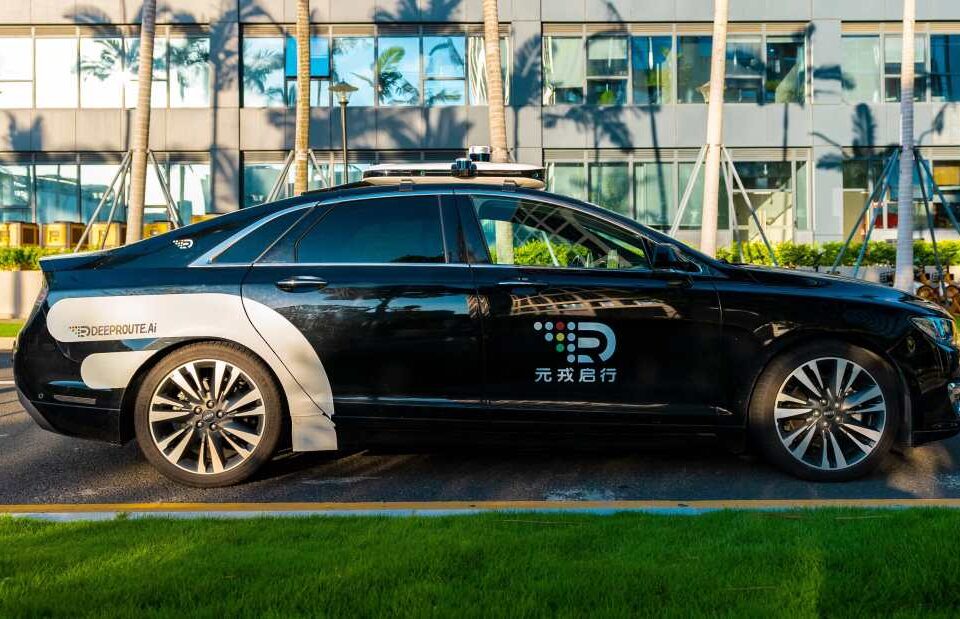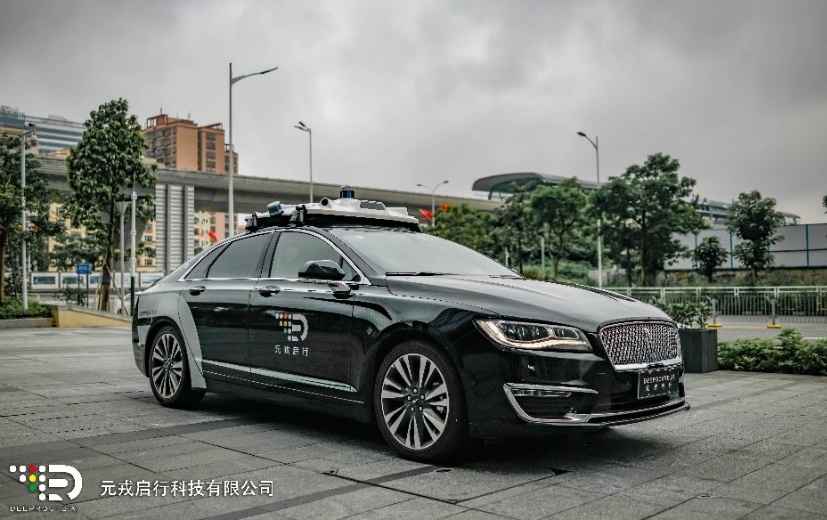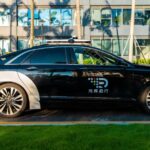Self-driving startup DeepRoute.ai raises $100M to fuel mass adoption of autonomous driving and take on Tesla in China

Chinese self-driving startup DeepRoute.ai has secured $100 million in new funding from an automaker, aiming to expand its self-driving systems across China and challenge Tesla in the competitive market, the company announced on Monday.
The latest funding arrives three years after Alibaba led a $300 million investment to accelerate DeepRoute.ai’s R&D, expand its team, and boost partnerships with automakers and fleet operations. That 2021 round also included backing from Jeneration Capital, along with previous investors Fosun RZ Capital, Yunqi Partners, and Glory Ventures.
In an interview with Reuters, DeepRoute.ai CEO Maxwell Zhou said it expects its advanced assisted driving system to appear in around 200,000 vehicles on Chinese roads by late 2025, a major increase from the current 20,000. The company’s system, designed to navigate urban traffic, offers functionality similar to Tesla’s Full Self-Driving (FSD), which is set to launch in China in the coming months.
Zhou also added that DeepRoute.ai plans to introduce its system across more than 10 vehicle models with its automotive partners in 2025. The first of these models launched in August, with two additional models, including one under the smart brand co-owned by Geely and Mercedes-Benz, expected for delivery this year, Reuters reported.
This expanding fleet will drive revenue for DeepRoute.ai through a per-vehicle licensing fee while generating critical data to accelerate the system’s ability to handle complex traffic. Zhou emphasized that these insights will help the technology evolve faster, particularly in addressing the unique road scenarios found in China.
While the company’s investor list includes Alibaba, the only backer in this round was an unnamed Chinese automaker. DeepRoute.ai did not disclose its post-fundraising valuation.
China’s automotive sector is seeing fierce competition among automakers as they race to introduce more sophisticated autonomous features to attract buyers. This trend gained traction after Tesla’s CEO Elon Musk announced plans to bring the FSD system to China, which analysts say may push local competitors to innovate at a faster pace.
Founded in 2019, DeepRoute.ai’s core technology team is made up of PhDs and graduates from top universities like Tsinghua University, Peking University, University of Cambridge, Columbia University, and Carnegie Mellon. Based in Shenzhen, the startup develops self-driving systems for vehicles, integrating both hardware and software solutions. DeepRoute.ai also operates a fleet of autonomous taxis, some in collaboration with partners like ride-hailing firm CaoCao and automaker Dongfeng Motors. Additionally, the company is advancing its technology for logistics applications.
Zhou recognizes Tesla as a leader in advanced autonomous tech, yet he believes adapting the technology to China’s traffic is key. “China has more complicated traffic situations with pedestrians walking on motorways and millions of scooters rushing to deliver their goods,” he noted.
Since its inception five years ago, DeepRoute.ai has taken a unique approach to autonomous driving. It chose to develop its system without costly high-definition maps in 2020, unlike many competitors heavily focused on mapping. Zhou believes this has given DeepRoute.ai a cost advantage, one that could enable automakers to offer a smart EV in China for as little as 150,000 yuan ($21,063.27).
Looking ahead, Zhou and his team are exploring international markets, including Europe, Southeast Asia, and the Middle East, anticipating potential demand for autonomous driving technology in the next few years.

Deeproute.ai




